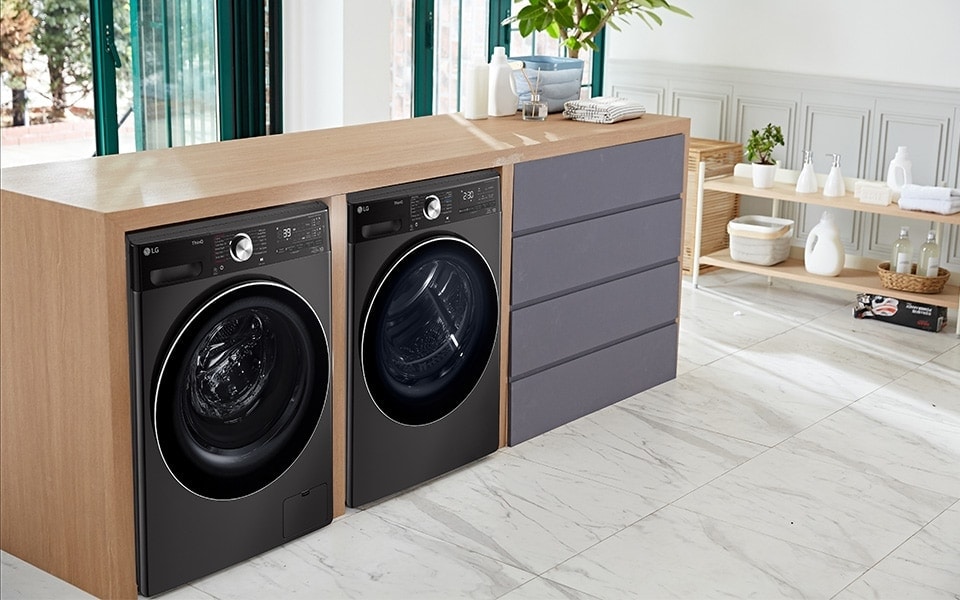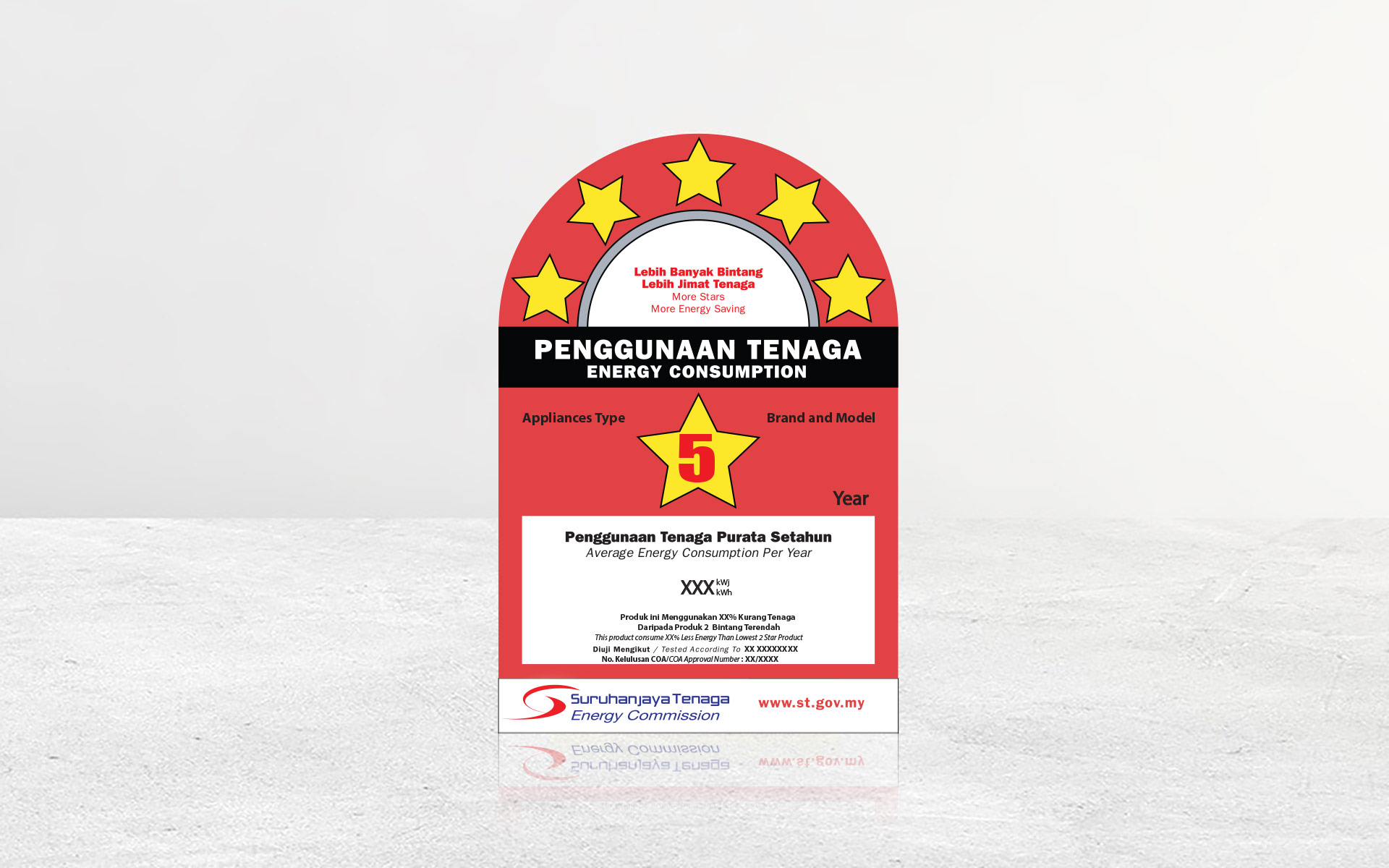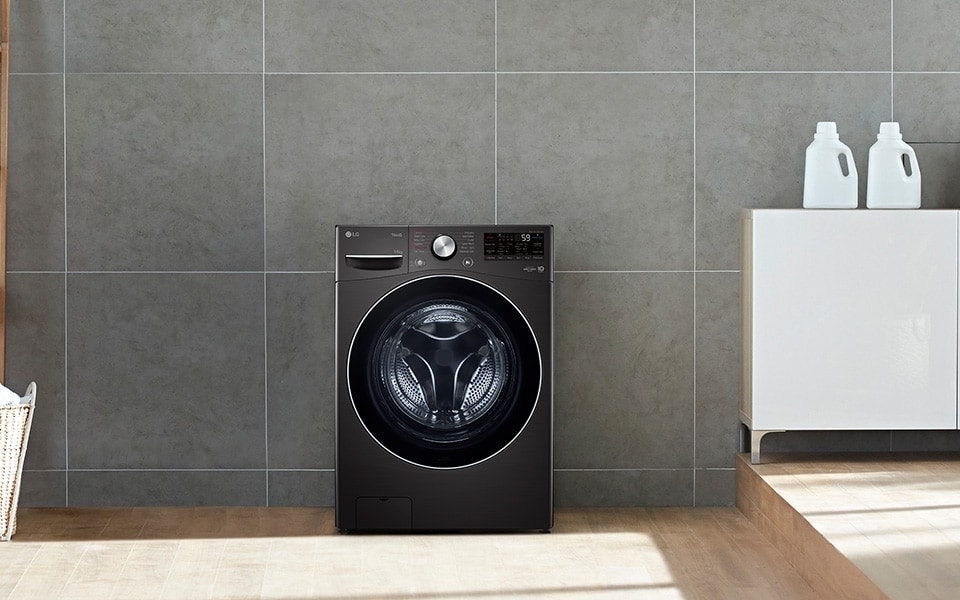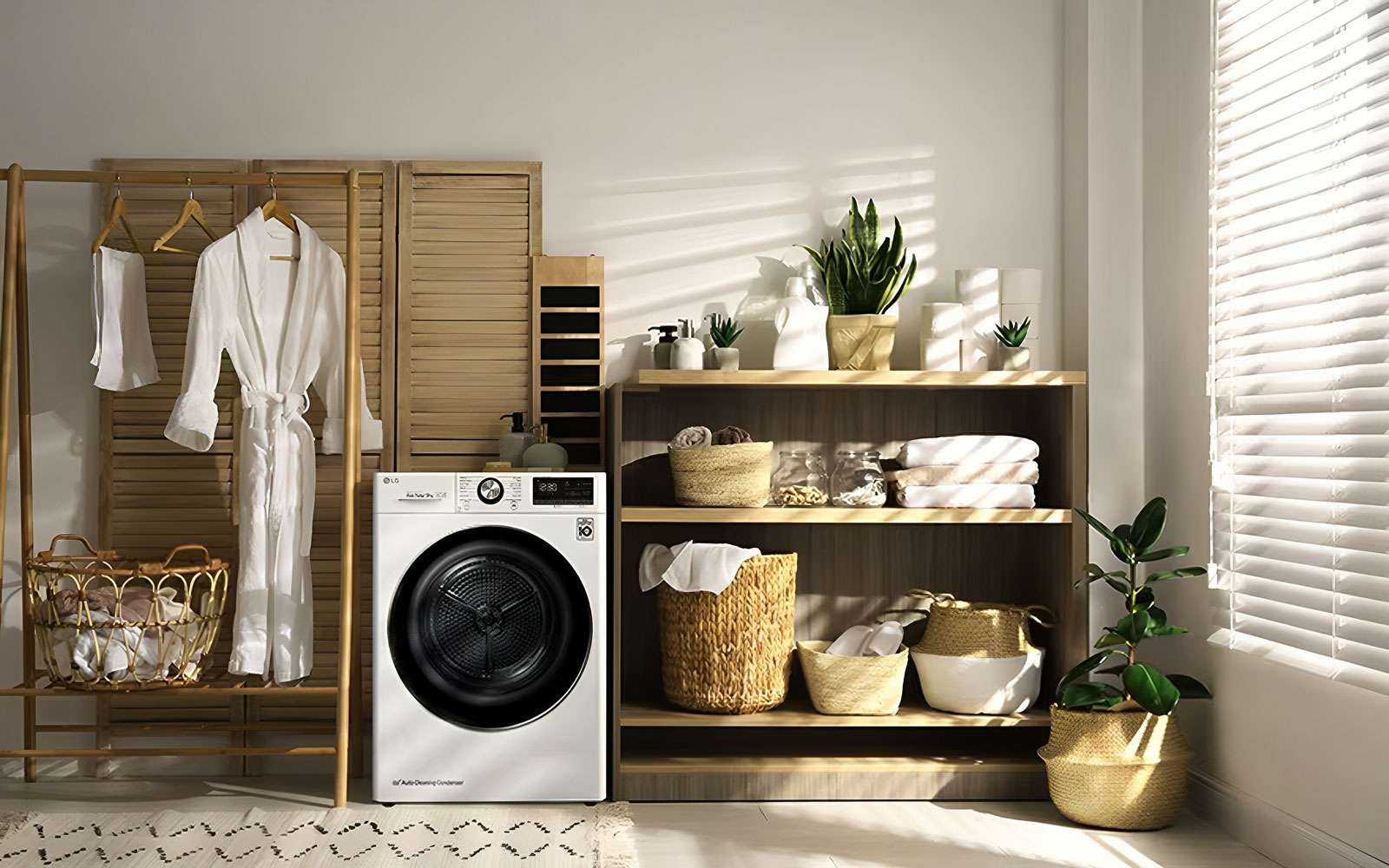We use cookies, including cookies from third parties, to enhance your user experience and the effectiveness of our marketing activities. These cookies are performance, analytics and advertising cookies, please see our Privacy and Cookie policy for further information. If you agree to all of our cookies select “Accept all” or select “Cookie Settings” to see which cookies we use and choose which ones you would like to accept.
HELPFUL HINTS
How to Pick an Energy Efficient Washing Machine
Find out how to buy an energy efficient washing machine here. Get to grips with Energy Rating Labels, water efficiency and running costs with our guide.
If you’re replacing or upgrading your washing machine, it’s worth choosing a new model that uses energy and water efficiently. This handy guide will help you to understand energy and water rating labels on washing machines, so you can choose something that’s better for the planet – and keeps you in pocket!
Understanding Energy Rating Labels on Washing Machine
It’s now mandatory for washing machines to have an Energy Rating Label displayed on the product. This label allows you to compare the energy efficiency of a model relative to other models of the same size in the market.
Star Rating
Energy star ratings allow you to compare the efficiency of washing machines to achieve the same level of performance to similar models with the same or similar capacities. You can’t compare the efficiency of washing machines with different capacities, because the size is used to calculate its rating.
Most commonly, an appliance will be given a rating out of 5: the higher the rating, the more energy efficient it is. Ratings can be given in whole or half star increments. You’ll find energy efficient models in our store with 4½ and even 5 star ratings, like this 15kg Washing Machine with AI Direct Drive™ and TurboWash™.
Energy Consumption Figure
Below the star rating you’ll see the energy consumption figure, which is given in kilowatt hours (kWh). This measures how much electricity a washing machine uses on a particular type of wash on an annual basis*. Unlike the appliance’s star rating, the energy consumption figure isn’t determined by its size, so you can use this to compare washing machines with different capacities. The lower the figure, the less energy a washing machine uses – and the cheaper it will be to run.
*Warm wash, tested on Cotton Eco wash of 40°C, with highest RPM.
Running Cost
If you want to calculate how much it will cost you to use your washing machine in a year, you can use the information listed on the Energy Rating Label for guidance.
Because washing machines offer different types of cycles, it’s better to measure the cost per cycle rather than hourly running costs. To do this, simply multiply the energy consumption figure (the annual kWh of the appliance) by the cost of electricity provided by your electricity provider.
Ways to Use Washing Machine More Efficiently
Even if you have a washing machine with a high energy and water efficiency rating, there are things you can do to make sure you use it as efficiently as possible. Here are a few ways to reduce the energy usage of your machine:
- Wash at cooler temperatures: lightly or even regularly soiled clothes can be washed at lower temperatures, so you should select a cold or eco wash cycle whenever possible. Hot washes should be reserved for heavily soiled garments, or to kill bacteria on things like towels, sheets and dishcloths.
- Consider your load size: wash heavier loads every few days, rather than light loads every day.
- Utilise the energy-saving features on your machine today, washing machines come with all kinds of features that are designed to make them more efficient, so make sure you understand these and use them whenever you can. Select LG models come with Turbo Clean 360®, for example, which allows you to wash a 5kg load of lightly soiled clothes in only 39 minutes, using less water in less time*. LG’s AIDD® technology identifies the characteristics of the load, i.e. the weight and the fabric softness of the load, and selects the optimal washing motions based on load characteristics.
*Tested by Intertek, based on IEC 60456 : edition 5.0. TurboWash39 cycle with 5kg of IEC load compared to Conventional Cotton Cycle with TurboWash (F4V9RWP2W vs. FC1450S2W). The results may be different depending on the environment.
You’ll find energy efficient washing machines for households big and small at LG. Discover the in store now.
Life's Good!
Featured product
- Newest
- Most Popular





